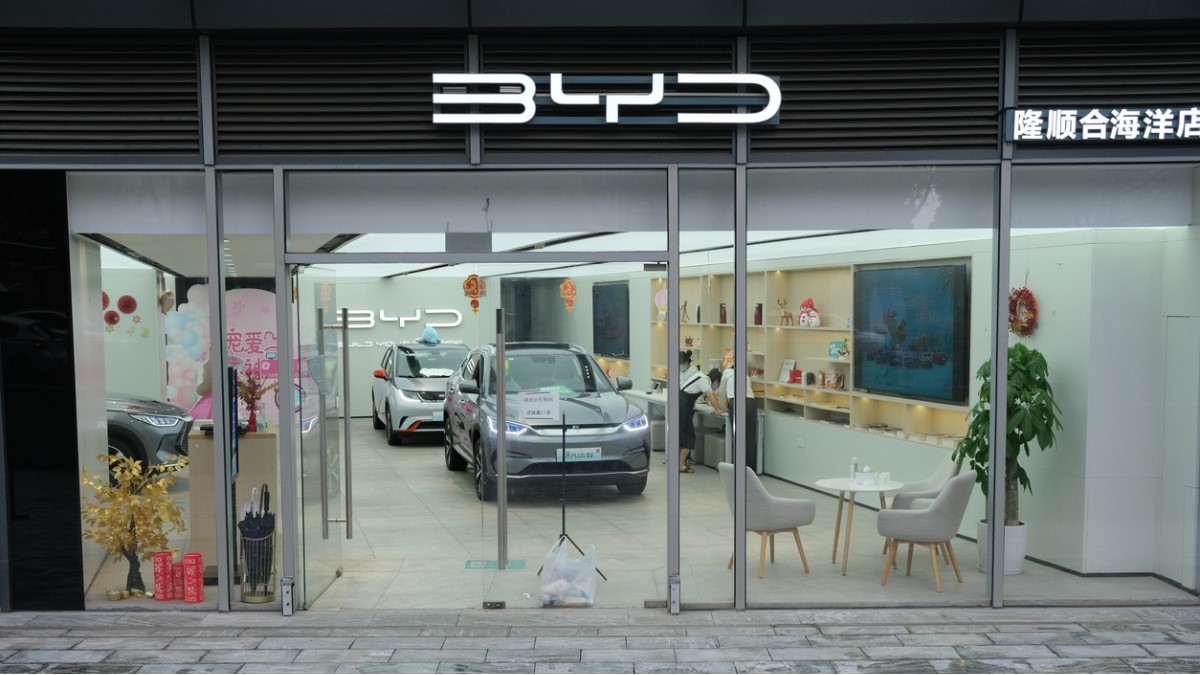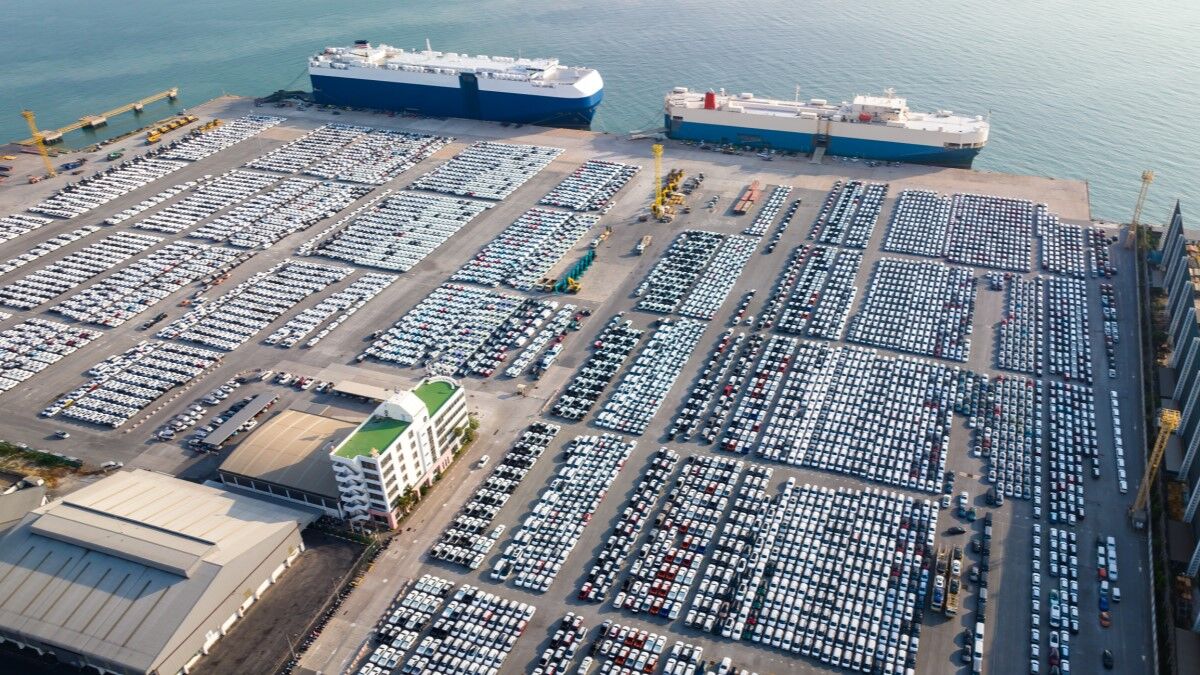
Earlier this month, it was Ford. The company sent a letter to dealerships cautioning them that they could lose the right to sell Ford’s upcoming F-150 Lightning electric pickup if they engaged in shady practices to bump up the price.
Now, General Motors has done the same. CorvetteActionCenter was first with the report. The website published a letter from GM North American President Steve Carlisle warning dealerships that “a small number of dealers have engaged in practices that do not support a positive sales experience for our customers.”
We’ve reached out to GM to confirm the letter’s authenticity. We’ll update this story when we hear back. But we have no reason to doubt that it’s real.
Carlisle specifically cites dealers that have “attempted to demand money above and beyond the reservation amounts” set by GM to reserve popular models like the 2022 Corvette Stingray and Cadillac Lyriq electric SUV. Other dealerships, he wrote, have “requested customers to pay sums far in excess of MSRP” or made agreements to sell cars through third-party brokers that mark them up considerably.
Automakers and Car Dealers: A Complicated Relationship
The relationship between an automaker and its dealerships is complicated. The two are partners and depend on each other, but both seek to make money off the same sales transactions. They need to keep prices competitive with their rivals while collecting enough profit to keep both sides afloat.
That relationship is governed by state and local laws that can vary. In many states, automakers can’t legally sell cars themselves. They have to work through dealerships.
Tesla Disrupted the Industry
In a handful of states, automakers can sell cars directly. That comes mostly thanks to intense state-level lobbying campaigns led by Tesla. The electric carmaker operates its own dealerships in states where it won the right to do so. In other states, buyers can visit a Tesla-owned “gallery” to learn about the cars but order them online.
Tesla’s cars have a set price. There is no negotiation over what they will cost. No dealership owner needs to take a cut to stay in business.
That model has shaken up the auto industry. It radically lowers the cost of entry for new automakers. Upstarts like Rivian and Lucid have begun delivering new cars to customer driveways without ever taking on the expense and complexity of building a dealership network.
More traditional automakers have given no indication that they plan to phase out the dealership model. But they are competing with companies that don’t face that complexity, and the industry is still sorting out just how to do that.
More and More Buyers Expect to Order a Car
Traditional dealerships, meanwhile, are working to stay afloat in a very new business environment. Most customers still come to the dealership to buy a car the dealer already has in stock and expect to negotiate a price.
But others come seeking an experience close to the Tesla model. They plan to order a car from the factory, not choose one from dealer stock. Dealers are still learning how to do business with such a model.
Some have taken to adding “market adjustment” fees, charging their own reservation fees, or selling through brokers. GM says several of those practices are explicitly banned by the dealers’ agreements with the automaker. Others may not be. But GM is clearly concerned that they could impact the company’s reputation.
What Automakers Can Do About Sketchy Dealers
What can automakers do to rein in a few dealers that could give others a bad rep? Deny them cars to sell.
“For the small minority of bad actors,” Carlisle writes, “GM reserves the right to redirect your vehicle allocation.”
That’s the same approach Ford took in its letter — overcharge, and we’ll stop letting you sell specific models. In most parts of the country, buyers can reach a second dealership for the same brand within a reasonable driving distance.
What the Future Holds, And What Shoppers Can Do
For many years, automakers have built more cars than they can sell. They’ve then competed to discount them, and Americans have grown accustomed to paying less than the asking price for most new cars.
Over the past year, a microchip shortage and other supply chain problems have left automakers able to build fewer cars. Prices have risen. And buyers have not gone away. In fact, a recent study shows that most buyers are more satisfied with their buying experience than they were before prices began to rise.
Automakers have noticed, with some saying they won’t go back to the oversupplied sales model. Taken to its full extreme, that could turn dealerships into places Americans go, not to buy a car from stock, but to order one that will later be built for them, Tesla-style.
Automakers and their dealership partners have just begun to explore how that process would work. A few dealerships testing the limits seems inevitable.
GM’s letter, though, sends shoppers an important reminder of their own power. Just as GM can send cars to more ethical dealers, you can take your business to one.
If you’re trying to order an in-demand model and anything about the price seems fishy, go to another dealership. And, as Ford North American Product Communications Director Mike Levine recently reminded buyers, get a signed purchase agreement with a specific price on it before you put money down.







